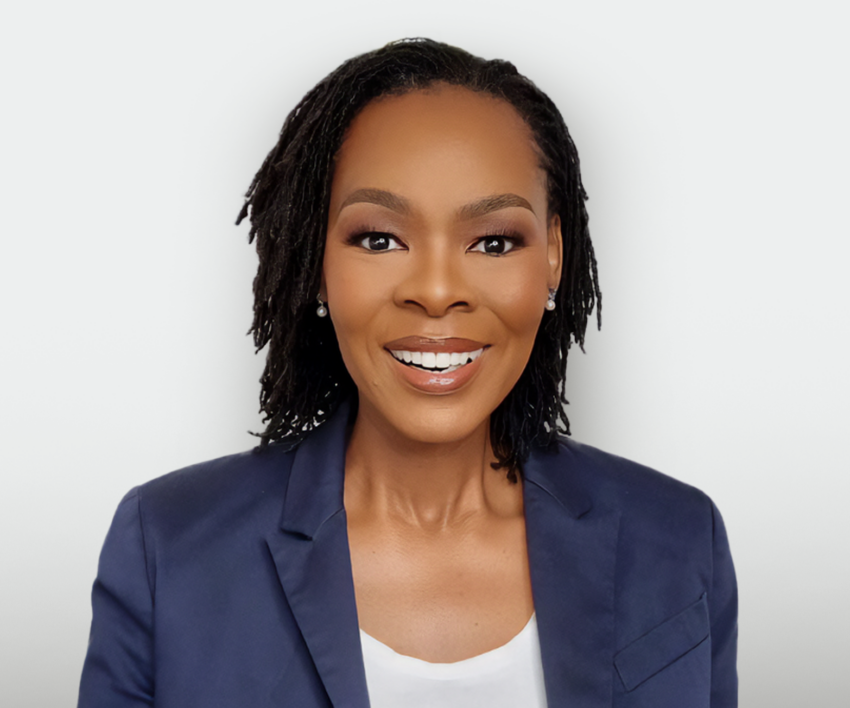
PICTURE: SUPPLIED
Financial independence is a cornerstone of women’s empowerment, offering the freedom to make choices that enhance their quality of life. Despite widespread awareness of the importance of female economic inclusion.
The World Bank reports that women in developing countries are 20% less likely than men to have a bank account, and many do not have access to financial services products such as savings accounts. While the decision by South Africa’s government to pay social grants into bank accounts is believed to have helped this country buck this global trend in terms of female access to bank accounts, true financial independence remains highly elusive for most South African women.
The reality is that simply having a bank account does not equate to financial autonomy or security. In fact, the discrepancy between bank account ownership and female financial independence emphasises the systemic economic barriers that women still face in this country and the urgency with which these barriers must be addressed.
The inconvenient truth is that women in South Africa continue to face numerous barriers to financial empowerment. According to the Financial Sector Conduct Authority (FSCA), only 52% of the South African population is financially literate, with a significant portion of this number being women – many of whom are heads of households. Further to this, the average pay for women is 25% less than men in similar positions. The effect of these disparities is quite jarring given that 51% of South Africa’s population is female. These same women are the main economic decision-makers in their households.
It is therefore vital for South Africa to renew its focus on bridging the gender wealth gap and to address the shortcomings in female financial inclusion. There are numerous strategies that should be implemented to achieve this. Firstly, financial literacy programmes must be expanded to both urban and rural women to equip them with the knowledge and skills necessary to manage their finances. These programmes should cover topics like budgeting, saving, investing, debt management and retirement planning, among others. Financial literacy is the foundation on which women can build their financial futures, make informed decisions, and navigate financial systems with confidence. Banks and financial institutions can play a critical role by offering targeted financial education resources that are tailored specifically to women.
Secondly, there is a need to enhance access to financial products such as savings accounts and other investment products. While many women have bank accounts to receive Sassa grants, true financial independence requires more comprehensive financial inclusion. Banks can develop products and services that address the unique needs of women such as flexibility and affordability, while providing support in understanding financial products can go a long way towards further driving inclusion for women.
Support for entrepreneurship is another critical area in which there is a great need for funding opportunities that can help women build sustainable businesses. These needs present some unique opportunities for banks and other financial service providers to establish initiatives that connect female entrepreneurs with experienced mentors and provide training programmes that are focused on business management, marketing and financial planning. Furthermore, offering tailored financial products, such as business loans with favourable terms for women, can support the growth of women-owned businesses.
As we observe Women’s Month this August, it is an ideal opportunity to renew our advocacy for change and our efforts to empower women to take control of their financial futures. Organisations, policymakers and individuals must collaborate to address the systemic barriers to financial inclusion, promote strategies to bridge the gender wealth gap and create a more equitable and prosperous society in which every woman in South Africa can achieve the financial independence and security she deserves.
Words by – Babalwa Nonkenge, Head of Retail Investments
Press Release
Also see: New phenomenon: Women in trading
